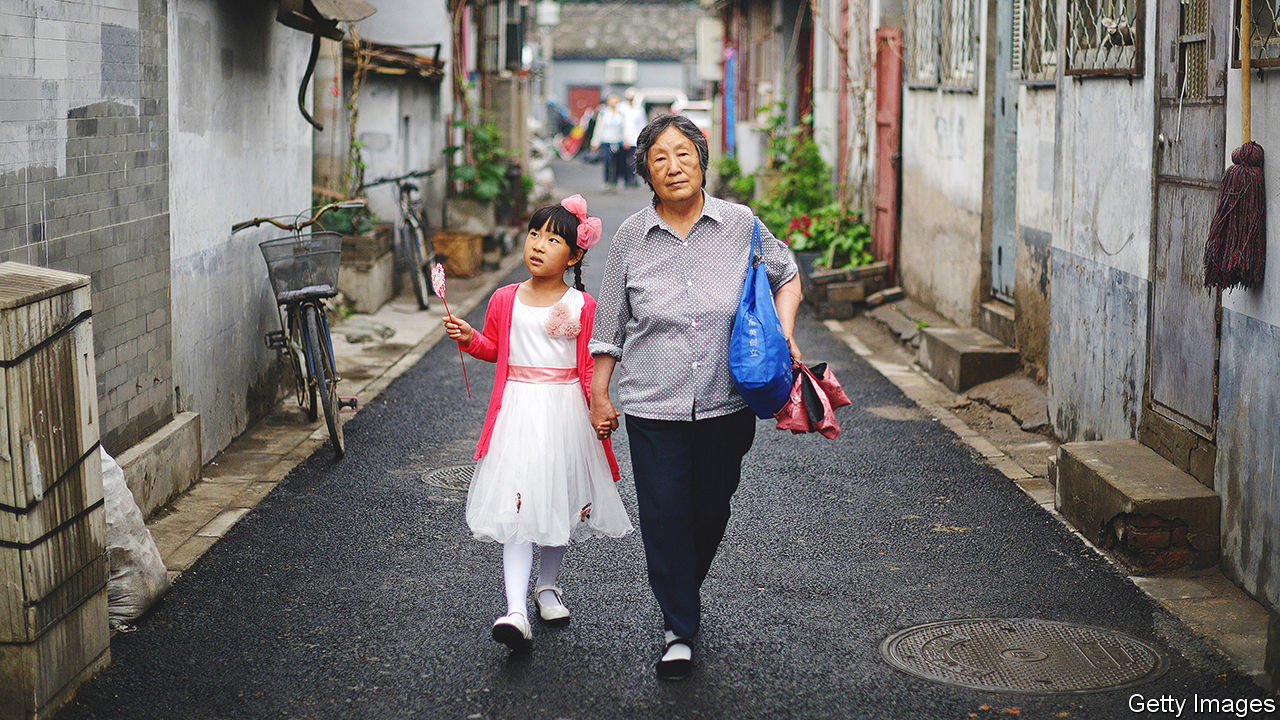The number of grandparents in the world has tripled since 1960, reaching 1.5 billion, and is projected to increase to 2.1 billion by 2050, making up 22% of the global population. This increase is due to two major demographic trends: people living longer and families having fewer children. As life expectancy has risen from 51 to 72 since 1960, and the number of babies per woman has fallen from 5 to 2.4, the ratio of living grandparents to children has steadily risen.
The importance of grandparents in the lives of children is becoming more apparent, as research suggests that children do better with grandparental help, particularly from grandmothers. This increased role of grandparents in child-rearing is also driving the movement of women into paid work, as grandparents provide support and care for their grandchildren.
The number and age of grandparents vary widely from country to country. For example, grandparents make up 29% of the population in Bulgaria but only 10% in Burundi. The average age of grandparents also varies, from 53 in Uganda to 72 in Japan. In countries where grandparents are scarce, such as Senegal, large families are still the norm, with children under 15 outnumbering living grandparents by 3.5 to 1.
Overall, the increasing number of grandparents and their important role in child-rearing will have profound consequences for society. As the ratio of grandparents to children continues to rise, it is important to understand and support the needs of grandparents, as they play a crucial role in the well-being and development of future generations.









